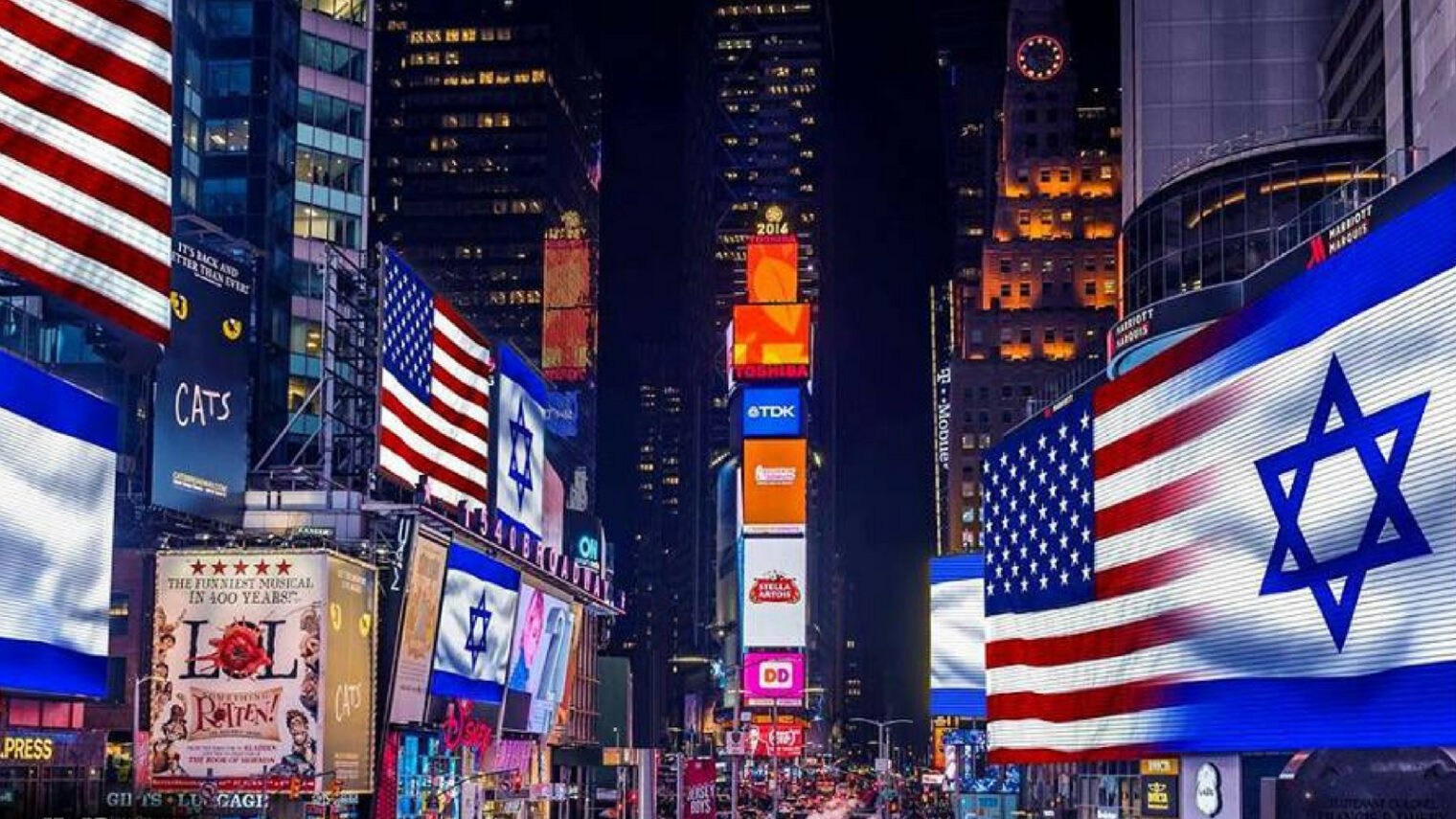Prof. Sam Lehman-Wilzig: It’s NYC’s 400th Birthday! (And Israel is Following in its Footsteps)
Entering 2025, the most famous (and arguably most important) city in the world is turning 400 years old. But why write about this in israelseen.com? No, not because there are so many Israelis living in NYC, but rather because many of the characteristics that have made that city so great are the same traits that have enabled Israel to go from a wasteland to a regional powerhouse in a mere three-quarters of a century.
Giovanni da Verrazzano was the first European to land in the area in 1524, but it was not until a century later that European settlement began between 1624-1626, when Dutch traders established the city of New Amsterdam. Despite being slave owners and traders (during great religious divisions in Europe) for that era they brought an unusually high level of tolerance and cultural diversity to their settlement– most probably in their pursuit of business (a “Wall Street” mindset from the start!).
The operative words here are “cultural diversity.” Here’s the parallel with Israel. Many theories and explanations have been bandied about as to Israel’s semi-miraculous “Start-Up Nation” achievements – from the traditional Jewish emphasis on serious education to the Jewish People’s historical aptitude in business matters (both true). However, another factor has not been given enough attention, if at all: multiculturalism. Yes, that’s a “woke” buzzword, but even transient intellectual fads can have a kernel of truth. Or in this case, are actually very important.
Recent social science research has found that the more a society comprises different groups of people – whether differentiated ethnically, racially, intellectually, religiously, etc. – the greater its dynamism. This shouldn’t be surprising. Think about this: why do virtually all societies have a prohibition against incest? Because “inbreeding” leads to deformity and weakness. The converse is true as well (despite the protestations of racists and xenophobes): the greater the “biological” mixture, the healthier the society. Why and how? Because biological variety enables society to survive epidemics and other forms of disaster through Darwin’s survival of the fittest.
A similar process occurs sociologically (this is not a justification for naked Social Darwinism; unlike viruses, people have moral responsibilities as well). Indeed, that’s precisely what democracy is all about: not merely enabling every citizen to have a voice, but to ensure that all sorts of “voices” (opinions, ideas, ideologies, etc.) are heard – and over the long run the most challenge-“fitting” ideas will enable that society to flourish.
A relatively homogeneous society, though, will have fewer ideas – not only in the political realm but in the economic sphere as well. Here’s a startling statistic, showing just how profound this phenomenon is: In America’s 2023 Fortune 500 list, 224 companies (44.8%), were founded by immigrants or the children of immigrants! Even more astounding, these businesses had a combined revenue of $8.1 trillion, exceeding the gross domestic product of every country in the world except the United States and China. (https://immigrationimpact.com/2023/08/29/immigrant-fortune-500-companies-gdp)
New York City has always constituted a microcosm of American diversity; the term “melting pot” was introduced during the heyday of Ellis Island immigration, but not much has changed since. Indeed, New York’s diversity might even have accelerated: these days there are close to eight hundred languages spoken within NYC’s confines!
Israelis today speak a “mere” thirty languages – still a large number for a country of only ten million people, testimony to its high level of cultural diversity. As for immigrant contributions to the economy, while there are no “Fortune 500” economic-demographic statistics for Israel, given that the country today is heavily populated by immigrants and their children, it would not be surprising if the percentages were similar. It is not at all coincidental that the economy really “started up” in the 1990s with the massive immigration from the various countries of the collapsed Soviet Union.
What is the basis of the immigrants’ (and the economy’s) success? Not only their internal “drive” to get ahead but the fact that they are “outsiders” i.e., “thinking out of the box,” looking with fresh eyes at the new situation in which they find themselves. Furthering this factor for macro-societal success is population density. New York City and Israel are densely populated, enabling greater ongoing communication between groups, notwithstanding the linguistic diversity. (That’s why cities are almost always more economically and culturally dynamic than suburbia and rural areas.)
Oh yes, there’s also the upside of the downsides. Over the centuries, New York City has suffered some horrific catastrophes: devastating fires, serious epidemics (in highly dense residential areas), labor riots, and economic depressions, all topped off by the Sept. 11 World Trade Center tragedy. Yet through (and despite) it all, the city remains the world’s cultural and economic epicenter. One need not detail Israel’s travails over a much shorter time period: several wars, economic (currency and stock market) collapse, continued political instability, social divisions, the assassination of the prime minister – and most recently Israel’s Oct. 7, 2023, equivalent to (or even proportionally surpassing) the World Trade Center tragedy.
Where’s the upside of this? It turns out that difficult challenges better prepare a society for future trials and tribulations. (Here too the biological analogy is relevant: once a person overcomes an infection, the body has developed antibodies protecting it against any ensuing, similar onslaught.) Of course, each society must internalize and learn from the disaster it faced (something Israel did not do pre-Oct. 7 in light of the Yom Kippur War surprise attack fifty years earlier).
New York City deserves our felicitations, but also our gratitude for remaining a beacon of dynamic diversity. Israel would do well to maintain its similar multiculturalism. The two together should be an inspiration to the rest of the world worrying about immigration and accompanying (ostensible) “ills.” Closing our borders = closing our minds.









